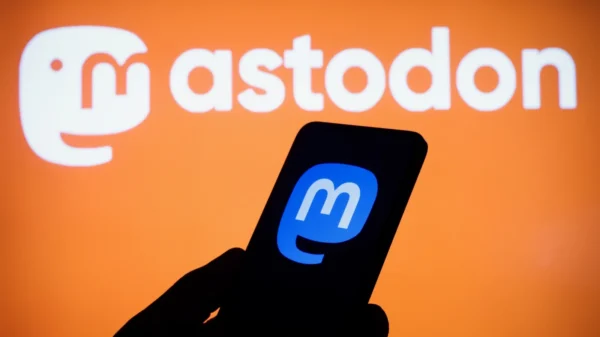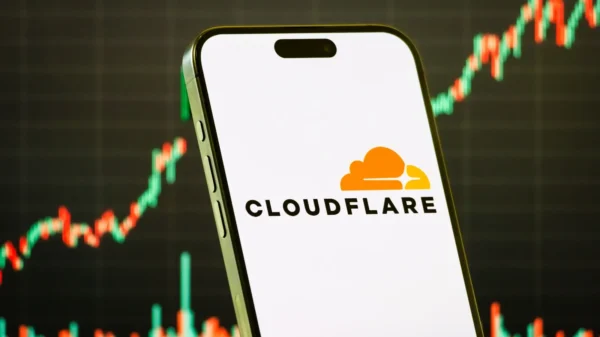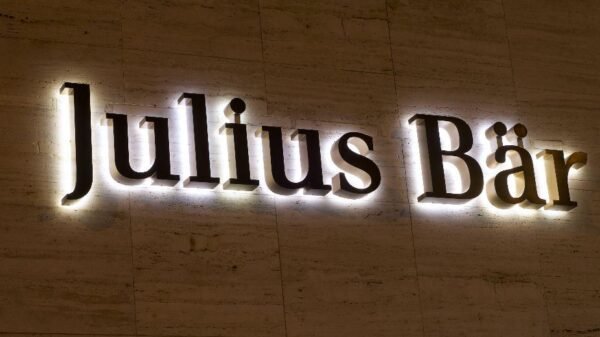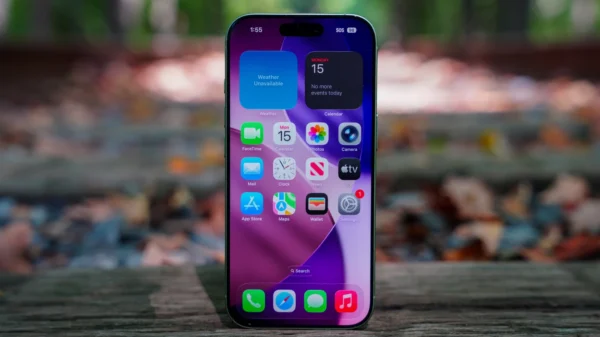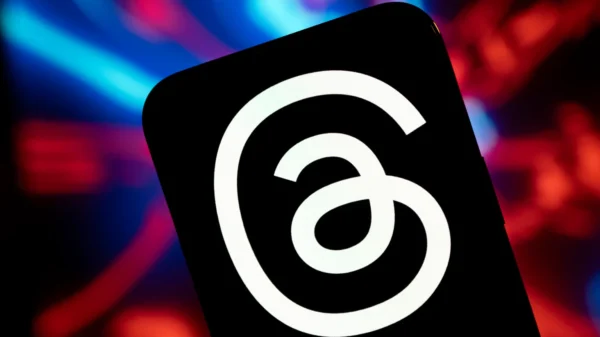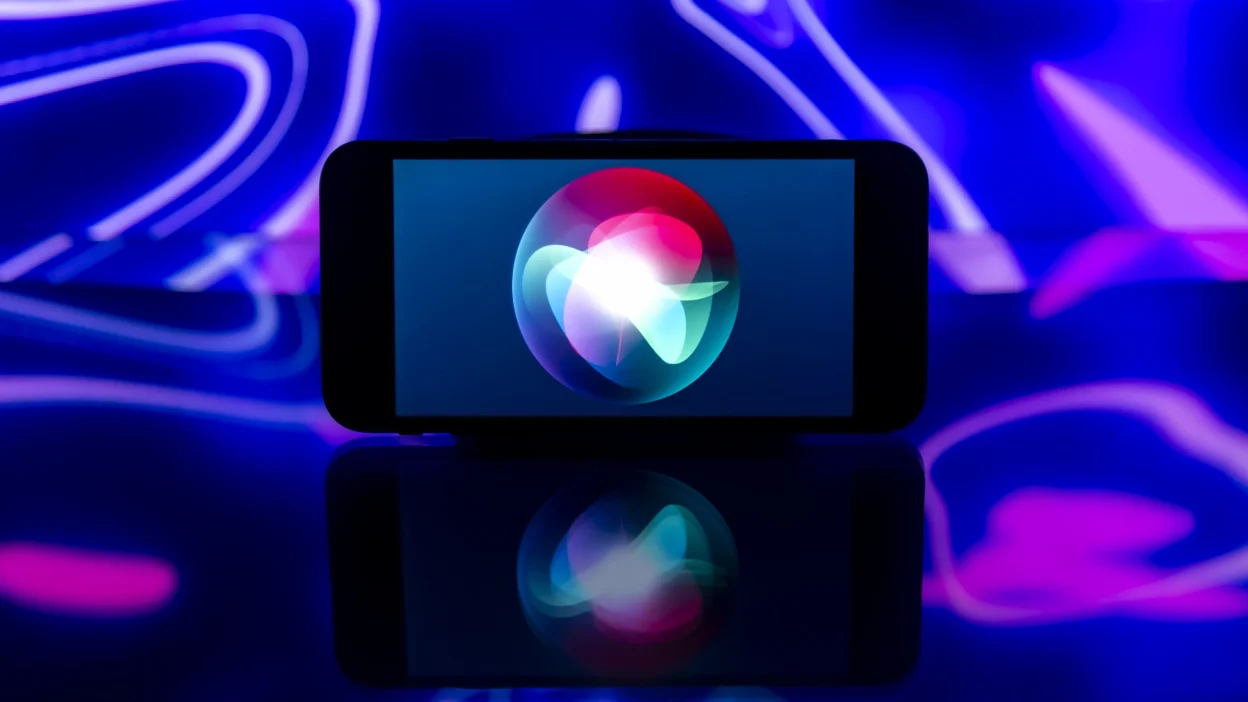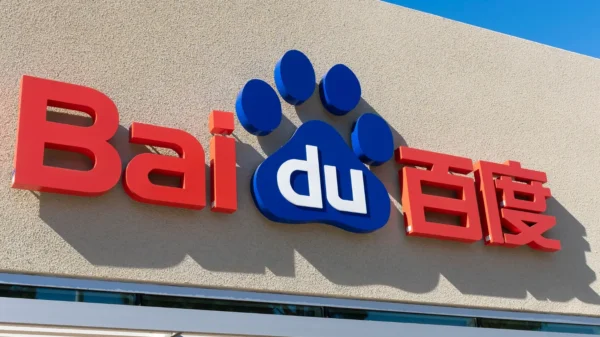Review of the DMA (Digital Markets Act)
To prevent monopolistic practices and promote equitable competition in the digital market, the European Union (EU) passed the landmark Digital Markets Act (DMA). To guarantee that users are not restricted to using just one platform for all of their interactions, this legislation places heavy emphasis on connectivity and interoperability among the most popular platforms. Because of its notoriously tight ecosystem, Apple has been one of the main targets of this regulation, along with other large technology providers.
The Walled Garden of Apple: What’s at Risk?
There has been a closed ecosystem at Apple for quite some time, and it’s called the “walled garden.” Thanks to this strategy, the organization is able to keep a tight rein on its software, hardware, and services, which ensures a safe and smooth experience for users. But this tactic is under fire for limiting consumer choice and decreasing competition. The DMA is after companies like Apple; for this very reason, they need to make their platforms open and compatible with each other.
Problems That the DMA App Store Monopoly Is Trying to Address — Some have said that developers are being pressured to use Apple’s in-app purchase system—which features a substantial commission—because of Apple’s tight control over its App Store policies. Permitting alternate payment methods and third-party app stores is mandated by the DMA.
For a long time, regulators have been worried about iMessage’s incompatibility with other texting applications. If Apple wants to comply with the DMA’s demands for cross-platform compatibility, it will have to make iMessage fully compatible with other messaging apps like Telegram and WhatsApp.
Apple Pay’s monopoly on mobile payments is another point of dispute, as is the company’s adherence to other payment methods. The DMA is pushing for more competition by demanding that payment alternatives be offered to third-party companies.
The Two Main DMA Obstacles Facing Apple: Interoperability and Connection
Digital Media Accessibility for iMessages: A Must-Have
Making sure that different message providers can communicate with each other is a major requirement of the DMA. The iMessage platform by Apple is incredibly popular among its users, yet it creates a walled experience because it is only available on Apple devices. The European Union’s Digital Marketplace aims to remove these obstacles by requiring popular messaging apps like WhatsApp, Signal, and iMessage to become compatible with one another. This poses a serious threat to Apple’s ecosystem management since it could lead to security and privacy issues caused by other platforms utilizing iMessage protocols.
Possible Results of Cross-Platform Messaging for iMessage Users: People using iMessage can talk to people using other platforms like Telegram and WhatsApp.
Concerning security and encryption, Apple might have to reevaluate its approaches to make sure they work across all platforms and meet EU standards.
As compatibility with third-party platforms is mandated, the smooth experience that Apple users currently enjoy can be undermined.
Introducing Third-Party Apps to the App Store
Among the many significant areas affected by the DMA is the App Store. There is currently a model in place at Apple that compels developers to sell their programs only through the App Store, with commissions ranging from fifteen percent to thirty percent. More competition and alternate distribution mechanisms for developers would be made possible by the DMA’s requirement that Apple allow third-party app stores.
What This Means for Users and Developers
Shops That Offer Different Apps: In order to cut expenses, developers have the option to publish their programs through third-party shops.
Choice on the Part of the User: With the ability to install software from many sources, Apple consumers would have more consumer freedom but also more security threats.
A New Opportunity for Apple Pay Rivals in the Payments Market
One further thing that the EU has a problem with under the DMA is Apple Pay, which is Apple’s mobile payment system. At the moment, Apple Pay is the only mobile payment option because the company limits the number of people who can use its near-field communication (NFC) chip for contactless payments. To provide customers more options, the DMA mandates that Apple make its NFC system available to other payment providers.
Near Field Communication and Its Effect on Mobile Payments
Beneficiaries of Third-Party Payments: Apple might let rival payment services, such as Google Pay, provide a frictionless payment experience on iPhones by unlocking the NFC chip.
Consumer Advantages: A greater variety of payment methods allows users to select from different platforms, which encourages fair competition and lowers transaction rates.
Timeline for Compliance and Possible Repercussions for Apple
Apple faces steep penalties—up to 10% of its yearly worldwide revenue—in the event that it fails to comply with these new rules within the allotted period. In addition, if the corporation does not comply with the requirements, the investigations could result in even stricter regulations.
Although Apple’s compliance with the DMA is certain, the ecosystem surrounding the business could face significant implications. The tight integration that Apple users have grown to expect could be compromised if the company opens up its ecosystem, but new possibilities for innovation, particularly in areas like mobile payments and third-party app development, could also be created.
Conclusion: Where Does Apple Go From Here?
The Digital Markets Act has brought about changes to the way computer companies like Apple do business in Europe. Adherence to these rules poses a threat to Apple’s ecosystem dominance but also opens the door to fresh possibilities for innovation and rivalry. We anticipate a more transparent and compatible environment to arise as a result of Apple’s adaptation to the DMA’s demands; this will alter the terrain of connection, compatibility, and customer preference.

